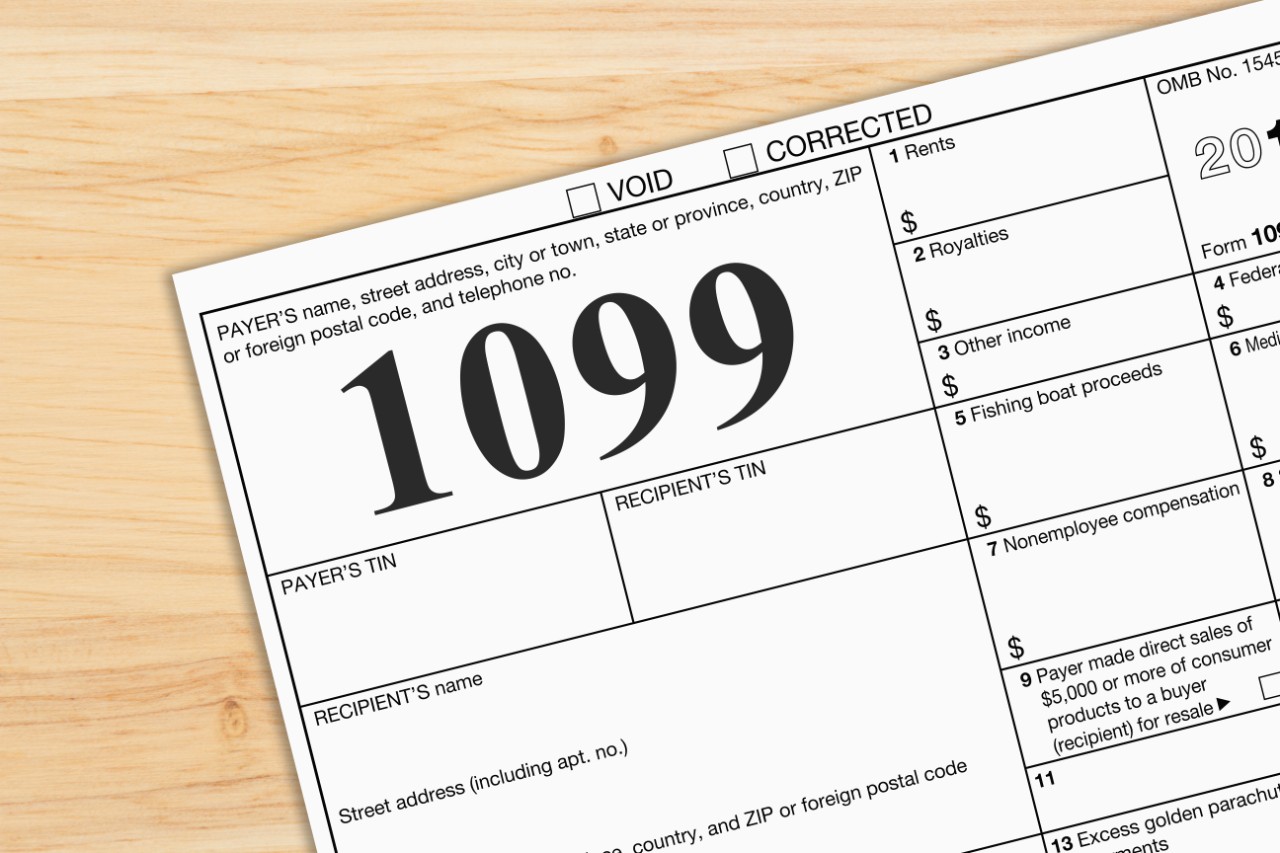By Gary Thill
As pool pros head into a new year with a new administration in Washington, legal experts are warning that employers need to shore up any lax policies that may be misclassifying employees as independent contractors, when legally they’re actually employees. Such misclassifications can lead to devastating fines, penalties and back pay.
Here’s a recent example of what can happen to a business that misclassifies employees from the CPA Journal:
“A Tennessee-based slaughterhouse and meat packing plant illustrates how the DOL and Department of Justice (DOJ) currently view worker misclassification, especially if many workers are involved. The owner of the business had used over 100 undocumented immigrants for a decade, paying them cash wages, and was only discovered by an FBI raid. The owner will spend several years in federal prison, even with his plea agreement, and is also liable for over $1.4 million in restitution for unpaid payroll taxes, interest, and penalties, not counting penalties for wire fraud and for each individual who was hired illegally”
JustWorks, an HR technology firm, lays out the following misclassification scenarios:
If the misclassification was unintentional, the employer faces at least the following penalties, based on the fact that all payments to misclassified independent contractors have been reclassified as wages:
- $50 for each Form W-2 that the employer failed to file because of classifying workers as an independent contractor.
- Since the employer failed to withhold income taxes, it faces penalties of 1.5% of the wages, plus 40% of the FICA taxes (Social Security and Medicare) that were not withheld from the employee and 100% of the matching FICA taxes the employer should have paid. Interest is also accrued on these penalties daily from the date they should have been deposited.
- A Failure to Pay Taxes penalty equal to 0.5% of the unpaid tax liability for each month up to 25% of the total tax liability.
- If the IRS suspects fraud or intentional misconduct, it can impose additional fines and penalties. For instance, the employer could be subjected to penalties that include 20% of all of the wages paid, plus 100% of the FICA taxes, both the employee's and the employer's share.
- Criminal penalties of up to $1,000 per misclassified worker and one year in prison can be imposed as well. In addition, the person responsible for withholding taxes could also be held personally liable for any uncollected tax.
Meanwhile, under the Biden administration the Department of Labor is more likely to go after misclassification, Cotney predicted. That contention is backed up by reports from The Society for Human Resources Management, which notes: “The president-elect supports the Protecting the Right to Organize (PRO) Act, which, among other changes, would make it harder to classify workers as independent contractors by adopting an "ABC" test. SHRM said that test is the following:
A: The worker is free from the control and direction of the hiring entity in connection with the performance of the work, both under the contract for the performance of the work and in fact.
B: The worker performs tasks that are outside the usual course of the hiring entity's business.
C: The worker is customarily engaged in an independently established trade, occupation or business of the same nature as the work performed for the hiring entity.
In other words, the DOL is “focused on whether the worker is truly in business for themselves or economically dependent on your company,” said Benn Briggs, labor and employment partner at Cotney Construction Law.
Key cues that workers are misclassified include:
- Subs only working for you.
- You set the sub’s schedule and breaks.
- You supply equipment, vehicles and tools.
Briggs warned that even if employers are paying such employees as independent contractors, and even have signed contracts to that effect, they are not immune from liability.
“The question of whether a worker is properly classified as an employee versus an independent contractor is a legal question,” he said.
In addition to more government oversight, more and more plaintiff’s attorneys are honing in on misclassification lawsuits, said the CPA Journal. "Not a week goes by without a published report of a newly filed class action suit, or the certification or settlement of such a suit, against a putative employer by individuals who were classified as ICs but who believe they should have been classified otherwise."
Such suits are especially common in the case of an injury, warned Briggs. “If the economic reality shows that, yes, they’re employee, now you’re in trouble with worker’s compensation, and potentially the IRS.”





































